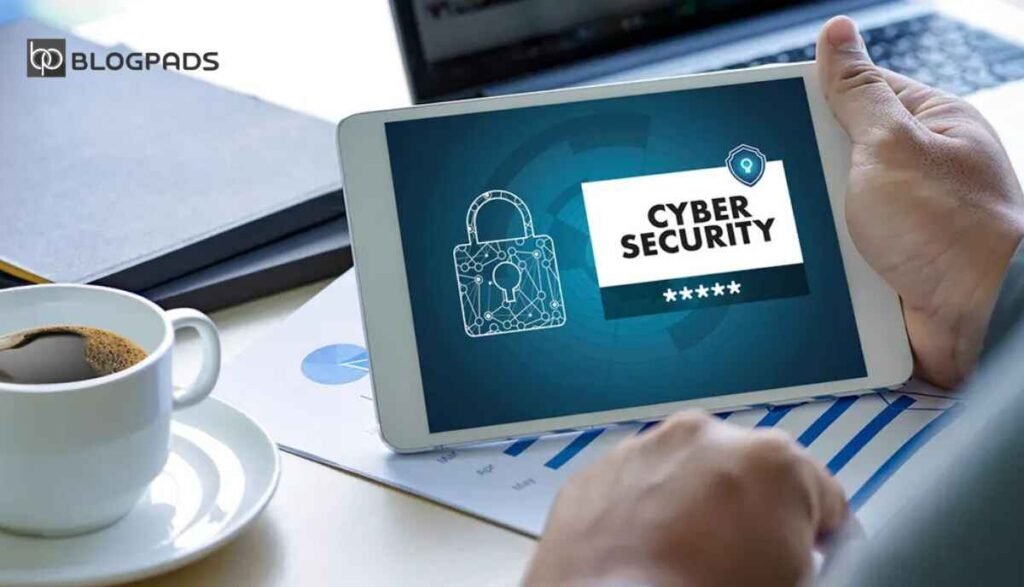1. What is Cybersecurity?
Cybersecurity focus is the practice of protecting your devices, data, and networks from unauthorized access or harm. Think of it as the digital version of locking your doors at night. It involves tools, techniques, and awareness to ensure your online safety.
2. Why Cybersecurity Matters
Imagine leaving your house unlocked with your valuables inside. Scary, right? That’s what happens if you neglect cybersecurity in the digital world. From identity theft to financial losses, the risks are real. Cybersecurity ensures you can enjoy the perks of technology without losing your peace of mind.
3. Common Cyber Threats
- Viruses and Malware: These are malicious programs designed to harm your system.
- Phishing Scams: Fraudulent emails or messages tricking you into sharing personal information.
- Ransomware Attacks: Hackers lock your data and demand payment for its release.
- Data Breaches: Unauthorized access to sensitive information, often affecting businesses.
4. How Hackers Exploit Vulnerabilities
Hackers are like digital burglars. They look for weak spots, such as outdated software or easy-to-guess passwords, to gain access. By understanding their tactics, you can better defend yourself.
5. The Role of Strong Passwords
A weak password is like a flimsy lock on your front door. Use strong passwords with a mix of uppercase letters, numbers, and symbols. Avoid using common phrases like “123456” or “password.”
6. Two-factor authentication (2FA)
2FA is like a double lock for your digital accounts. Even if someone gets your password, they’ll need a second form of verification, such as a code sent to your phone, to access your account.
7. Understanding Phishing Attacks
Ever received an email claiming you’ve won a million dollars? That’s phishing. Always verify the source before clicking on links or providing information. Phishing attacks can look convincing, so stay alert!
8. Safe Browsing Habits
- Avoid clicking on unknown links.
- Check for “https://” in URLs to ensure secure connections.
- Clear your browsing history regularly to reduce tracking.
9. Keeping Your Devices Secure
- Install Antivirus Software: It acts as a shield against malware.
- Update Your Software: Regular updates fix vulnerabilities hackers might exploit.
- Use Firewalls: These act as barriers between your network and potential threats.
10. Public Wi-Fi Risks and Tips
Public Wi-Fi is convenient but risky. Hackers can intercept your data on these networks. Use a Virtual Private Network (VPN) for secure browsing in public spaces.
11. The Importance of Regular Updates
Skipping updates is like ignoring a leaky faucet—it only gets worse. Updates patch security holes and improves performance. Make it a habit to keep your devices and apps up to date.
12. Backing Up Your Data
Losing data is frustrating. Backups act as your safety net. Use cloud storage or external drives to regularly save important files.
13. Cybersecurity Tools to Consider
- Password Managers: Store and manage strong passwords.
- Antivirus Programs: Protect against viruses and malware.
- Firewalls: Prevent unauthorized access.
- VPNs: Encrypt your online activity.
14. Educating Yourself and Others
Cybersecurity isn’t just for IT professionals. Learn about common threats and share your knowledge. The more people are aware, the safer the online community becomes.
15. A Future Focus on Cybersecurity
As technology evolves, so do cyber threats. Staying updated on cybersecurity trends is essential. From AI-powered security systems to biometric authentication, the future holds innovative solutions to keep us safe.
Conclusion
Cybersecurity focus isn’t just a technical term; it’s a daily practice that protects your digital life. By staying informed and taking proactive measures, you can navigate the online world safely. Remember, a little effort today can save you from a lot of trouble tomorrow.
FAQs
1. What is the easiest way to improve cybersecurity at home?
Start by using strong passwords and enabling two-factor authentication. Regularly update your devices and avoid sharing sensitive information online.
2. Why is public Wi-Fi considered risky?
Public Wi-Fi networks are often unsecured, allowing hackers to intercept your data. Using a VPN can help secure your connection.
3. How can I spot a phishing email?
Look for red flags like spelling errors, urgent language, or unknown senders. Verify links before clicking and never share personal details without confirming authenticity.
4. Are antivirus programs still effective?
Yes, antivirus programs are essential for detecting and removing malware. However, they should be used alongside other security practices.
5. What is the role of education in cybersecurity?
Awareness is key. Educating yourself and others about online threats helps create a safer digital environment for everyone.

